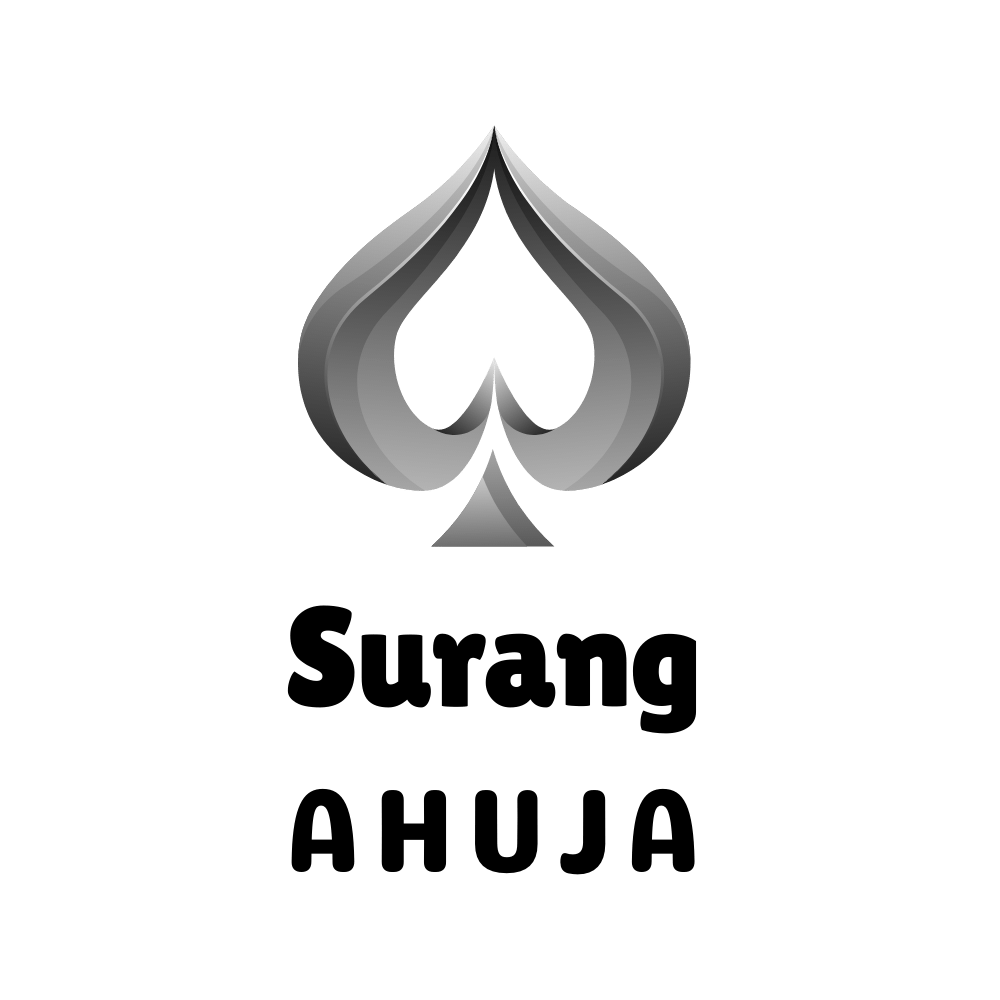Songwriting is a beautiful and creative process that allows artists to express themselves through music and lyrics. Whether you’re an experienced songwriter or just starting, having the right tools and tips can enhance your songwriting journey and help you craft compelling and memorable songs.
Here are some top tools and tips for songwriters:
Writing Tools:
- a) Pen and Paper: Traditional pen and paper can be invaluable for jotting down lyrics, ideas, and melodies whenever inspiration strikes.
- b) Digital Notepad or Note-taking Apps: Utilize digital notepads or note-taking apps on your phone or computer to securely organize and store your songwriting ideas and lyrics.
- c) Rhyming Dictionaries and Thesauruses: Rhyming dictionaries and thesauruses can help you find the perfect words and expand your vocabulary to create more dynamic and imaginative lyrics.
Music Composition Tools:
- a) Digital Audio Workstations (DAWs): DAWs like GarageBand, Ableton Live, or Logic Pro offer various virtual instruments and recording capabilities to help you compose and arrange your music.
- b) Virtual Instruments and Sample Libraries: Access to virtual instruments and sample libraries allows you to experiment with different sounds and instruments, even if you don’t have access to physical instruments.
- c) Chord Progression Generators: Online chord progression generators can help explore new chord progressions and harmonic ideas.
Inspiration and Creativity Tools:
- a) Music Streaming Services: Explore various genres and artists on music streaming platforms like Spotify or Apple Music to discover new sounds and styles that may spark inspiration.
- b) Songwriting Prompts: Use songwriting prompts or challenges to overcome writer’s block and express your creative juices.
- c) Collaborate with Others: Collaborating with other songwriters, musicians, or lyricists can bring fresh perspectives and ideas to your songwriting process.
Tips for Songwriting:
- a) Find Your Unique Voice: Embrace your unique style and experiences to create authentic and relatable songs that resonate with your audience.
- b) Emotion and Storytelling: Infuse your songs with emotion and storytelling to connect your listeners more deeply.
- c) Rewriting and Editing: Don’t be afraid to rewrite and edit your lyrics and music to refine your ideas and make your songs more impactful.
- d) Record Demos: Record rough demos of your songs, even if they’re just on your phone, to capture the song’s essence and revisit it later for improvements.
- e) Practice Regularly: Songwriting is a skill that improves with practice. Set aside dedicated time for writing regularly to develop your craft.
Melody and Hooks:
- a) Memorable Melodies: Craft catchy and memorable melodies, making them easy for listeners to sing along to.
- b) Create Hooks: Hooks are memorable phrases or musical elements that capture the essence of your song and stick in listeners’ minds.
Songwriting is a deeply personal and creative process that can be enhanced with the right tools and tips. Whether using writing tools, music composition software, or seeking inspiration from streaming platforms, finding your unique voice and staying true to your emotions and experiences are crucial to crafting compelling and memorable songs. Embrace the journey of songwriting, and don’t be afraid to experiment, collaborate, and revise as you refine your artistry.

